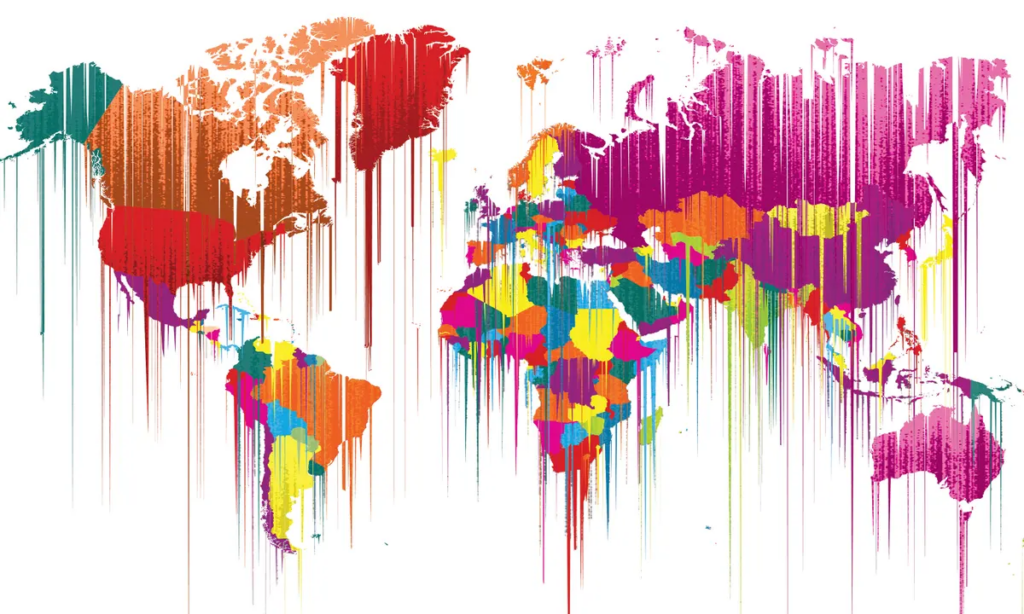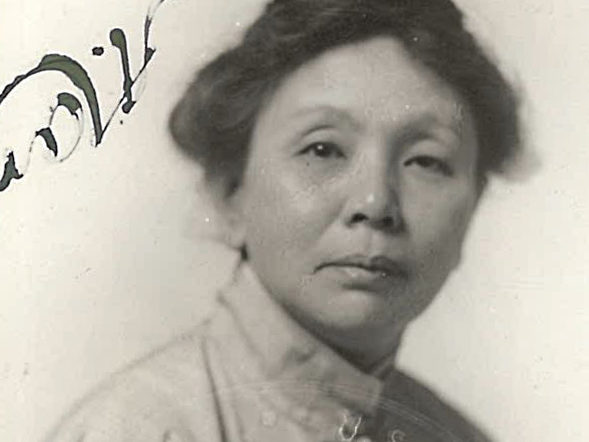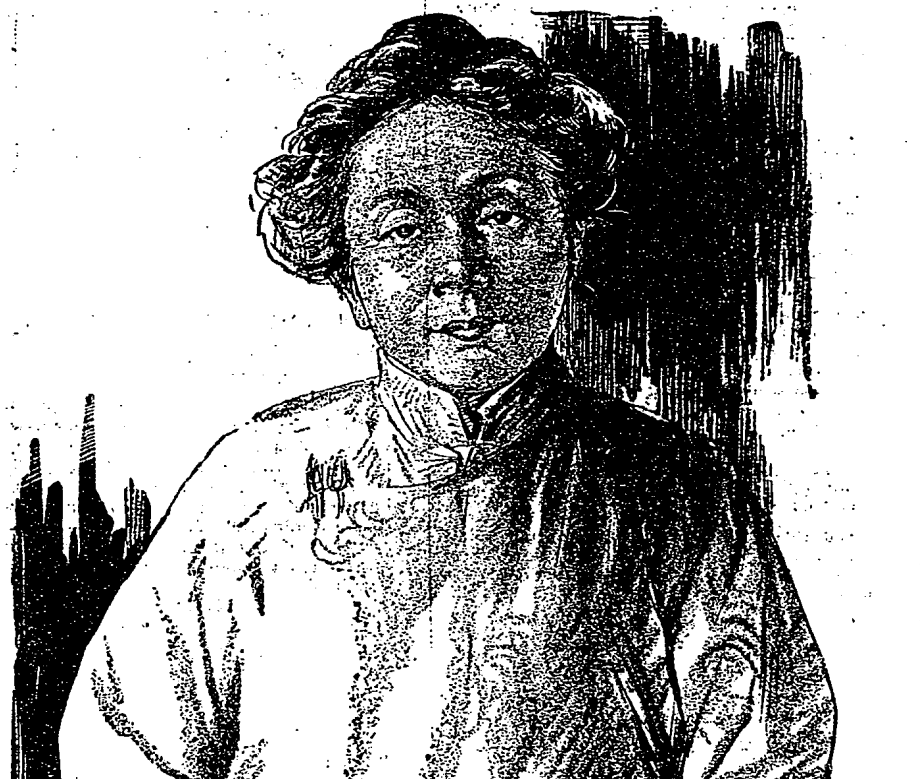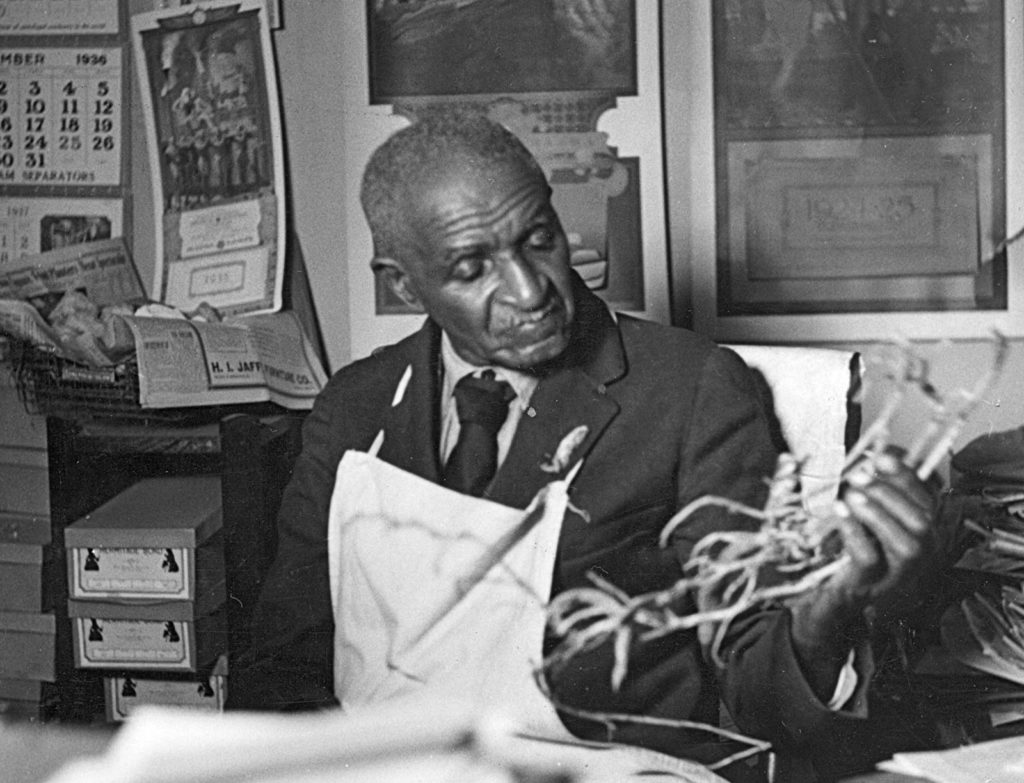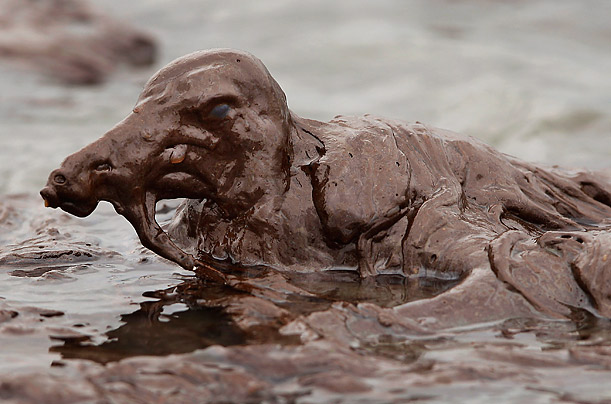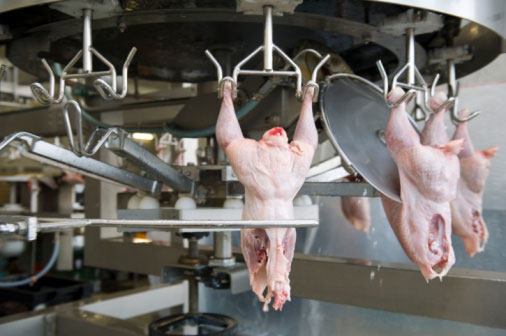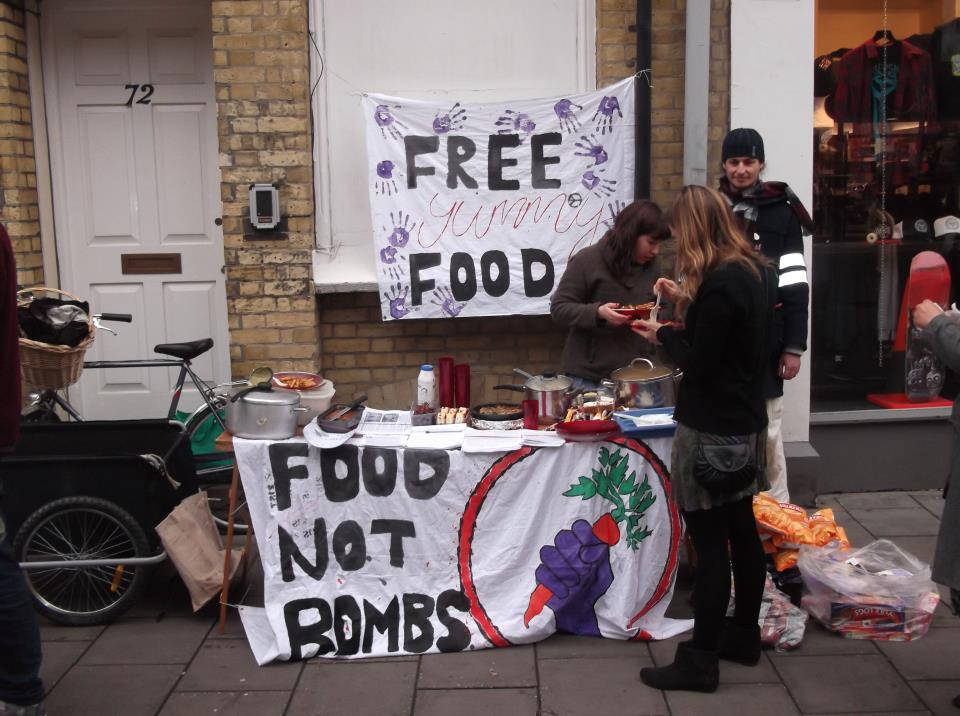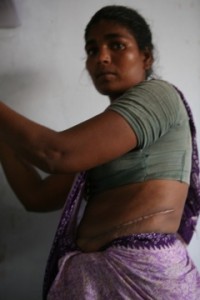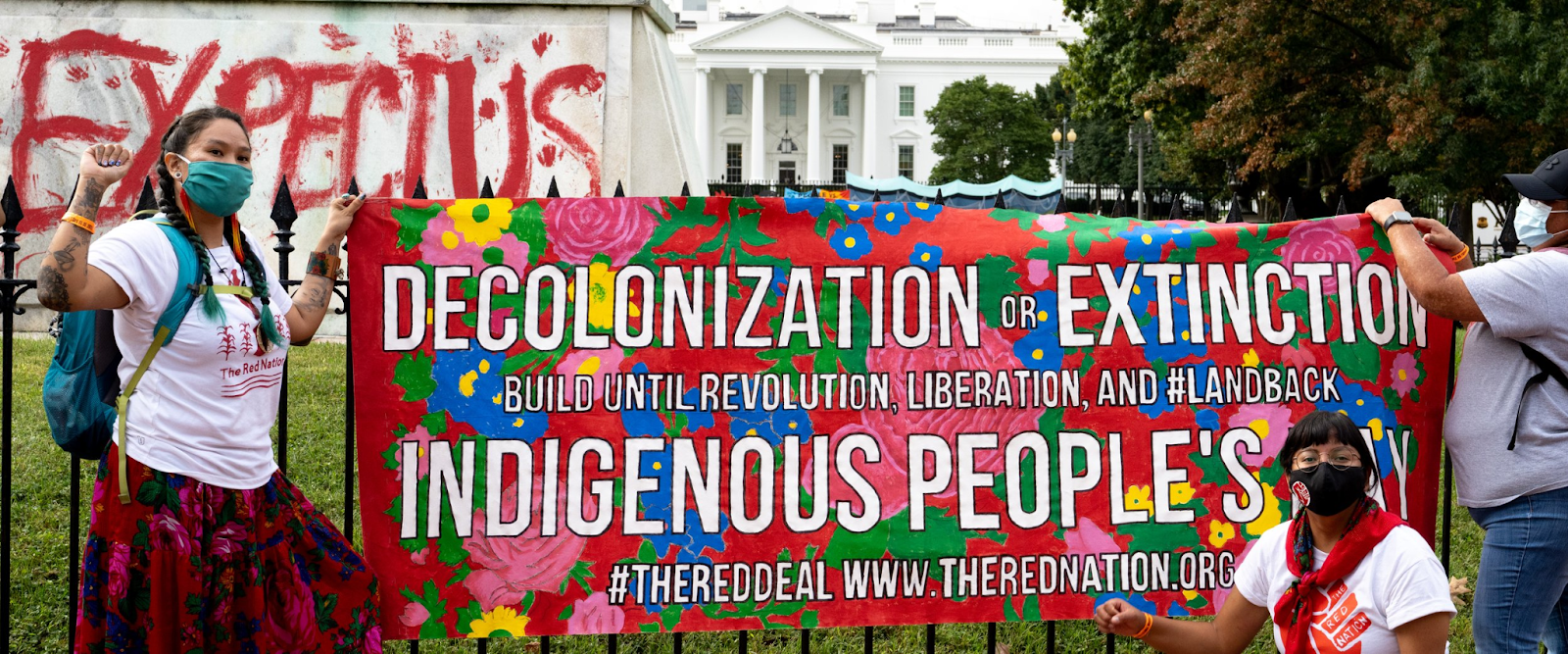
By Marv Wheale
Nation-states in many regions of the globe were founded and controlled by abled, white male powerholders on Indigenous peoples’ and animals’ lands. On Turtle Island (North America), for instance, the land was taken (treaties notwithstanding) and offered by the government to white settlers from Europe for homesteading. Because of this invasion and occupation, there was and is an unequal, intertwined relationship among Indigenous peoples, the state, white settler property holders, and animals.
The state, our capitalist economy and privatization of land could not exist without the appropriation of First Nations’ decision-making over their territory. The rationale used by this trinity to carry out colonization was based on the contrived belief that “uncultivated” and “unproductive” land is vacant and unused because it is not tilled for crops and/or grazing domesticated animals. Such land lacks the private property mode of production to fulfill the soil’s bountiful potential, liberating the land to its rightful destiny, a freedom that was racialized, gendered and human-centric.
Once the white state and settlers had validated, among themselves, their sense of ownership, the violent subjugation of the original inhabitants was easily justified. Law enforcement officers, soldiers and settlers killed or forced Indigenous peoples and free-living animals off their lands. The government settler pact replaced the refugees and natural terrain with privately run tracts for monoculture crops and animal imprisonment farming. As well, hunting the displaced, relatively free-roaming animals as “game” was promoted on private and public territories by these white men and their institutions.
National laws enacted by white patriarchal governments to guarantee state power and private property rights further enhanced the reach of the state and settler proprietary status. State lawmakers were seen as a necessary medium to keep settlerism from falling into a lawless, chaotic, self-destructive competition for land.
State-owned land was leased for private forestry, mining and fossil fuel extraction in keeping with the productive mindset. Even when state lands were not designated for production, they carry the potential for such use.
Not all land could be used for production. Some had to be set aside for Indigenous reserves, conservation zones, and parks (ecological islands often used for tourism, recreation, and preservation of animal and plant species habitats).
Land also had to be held for housing, education, healthcare, transportation, businesses, police, military and other state/settler services, for capitalist colonial economic production to function in an organized and sustainable manner. Without these structural supports, the economy and society couldn’t exist and thrive.
State power, the for-profit economic system and private land holdings were foreign to the Indigenous ethos; humans and animals belong to the land, it does not belong to humans as a commodity any more than the sky. Unplowed land wasn’t perceived as empty, but teeming with endless plant and animal life.
The colonial/private pretense illustrates that white maleness was a condition for becoming propertied and expanding its whiteness. To be a white man, then, is conflated with private property. White women had no property standing apart from their husbands. People of color didn’t have the right color or the means to own land. The superiority of whiteness and the inferiority of Indigenous, black, and brown peoples and animals were thereby fortified.
The fiction that normalized a fusion of male whiteness and private property evolved into a naturalized identity of indigeneity – whiteness becomes nativist entitlement to the land. This created the misperception of Indigenous peoples as invaders and thieves when they go out of their prescribed space to pass through their stolen territory. In an act of astounding reversal, the oppressed are revictimized as the real villains. Undomesticated carnivorous and burrowing animals face similar treatment.
As Dallas Jokic, the Indigenous scholar whose knowledge primarily shaped this script, asserts:
“The image of the white male farmer defending his family and property is based upon the masculine ideal of “the ability to build a home, provide for and protect one’s family, and – most importantly – to exercise control over one’s private domain.”… This masculine ideal is highly racialized, and implies that his domain belongs to him ontologically [the fixed nature of his existence]. In other words, the white male farmer recognizes his ontological deputization and commits the violence required by it.” **
Ultimately, this androcentric ableist philosophy and practice, with its accompanying emotional trappings, e.g., “it feels right”, laid the groundwork for ongoing white rule, missing and murdered Indigenous women, species extinction and countless killings of untamed and domesticated beings.
* The contents of this article are a cursory summary of Indigenous scholarship studied over decades.
** Dallas Jokic, Fascism and Settler Colonialism in Canada, A thesis submitted to the Department of Philosophy In conformity with the requirements for the degree of Master of Arts, Queen’s University Kingston, Ontario, Canada, September 2019.

